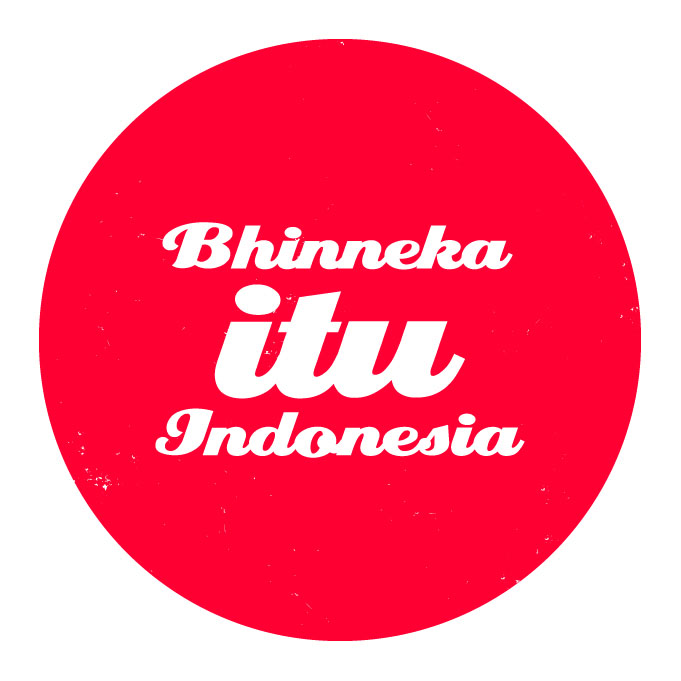PROFILE
Komnas Perempuan
The widespread sexual violence against women that occurred during the May 1998 riots prompted Indonesian civil society, especially the women’s movement to urge the State to take responsibility for the events that occurred and ensure that such a tragedy would never be repeated. On October 9th, President Habibie responded to the demands of civil society by forming the National Commission on Violence against Women (Komnas Perempuan) as an independent institution for the elimination of violence against women. Komnas Perempuan was officially founded through Presidential Decree No.181/1998 and renewed through Presidential Decree No.65/2005 and is one of Indonesia’s three National Human Rights Institutions (NHRI).
Komnas Perempuan is one of Indonesia’s National Human Rights Institutions; it is also a women’s organization pushing for the fulfillment and advancement of women’s rights. Komnas Perempuan does not establish regional branches but works to strengthen its networks and strategic partners by using transparent and consultative mechanisms. As Komnas Perempuan does not have a mandate to handle individual cases, it has developed a Complaints and Referrals Unit (UPR) to increase the ease for women victims of violence to access services. The UPR provides referrals to victims of violence, acting as an amicus curiae and also as a mechanism for Komnas Perempuan to monitor the cases of violence against women that are reported through the UPR.
As a national human rights institution, Komnas Perempuan always prioritizes sustainability and continuity by building on the work that has been carried out in the previous periods. Komnas Perempuan’s work is not determined by government regimes and thus its work focus does not change with a change of government.
All of Komnas Perempuan’s work is evidence based. The data is gained from studies, research and monitoring and is strengthened by consultations with partner organizations representing the State, civil society organizations (CSO) and communities of victims and survivors.
As a National Human Rights Institution, Komnas Perempuan has the role to report to and coordinate with the international human rights treaty bodies of the UN, strengthen regional and national human rights mechanisms and strengthen strategic networks for the advancement of women’s human rights.
Komnas Perempuan in its work refers to the Constitution (UUD 1945), CEDAW (Act No.7/1984), CAT (Act No.5/1998), Act No.39/1999 regarding Human Rights, and various other relevant international human rights instruments.






